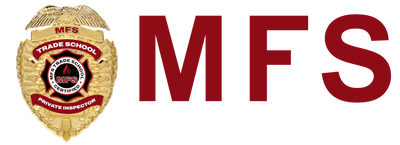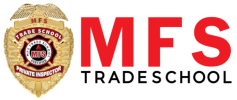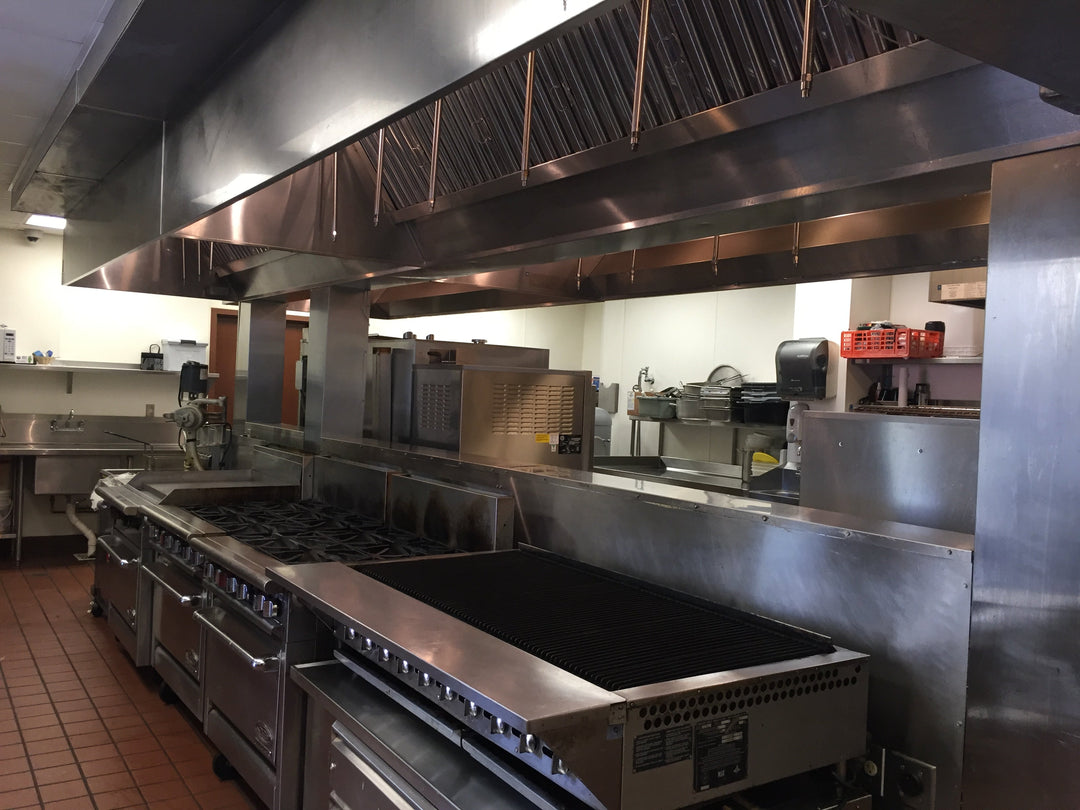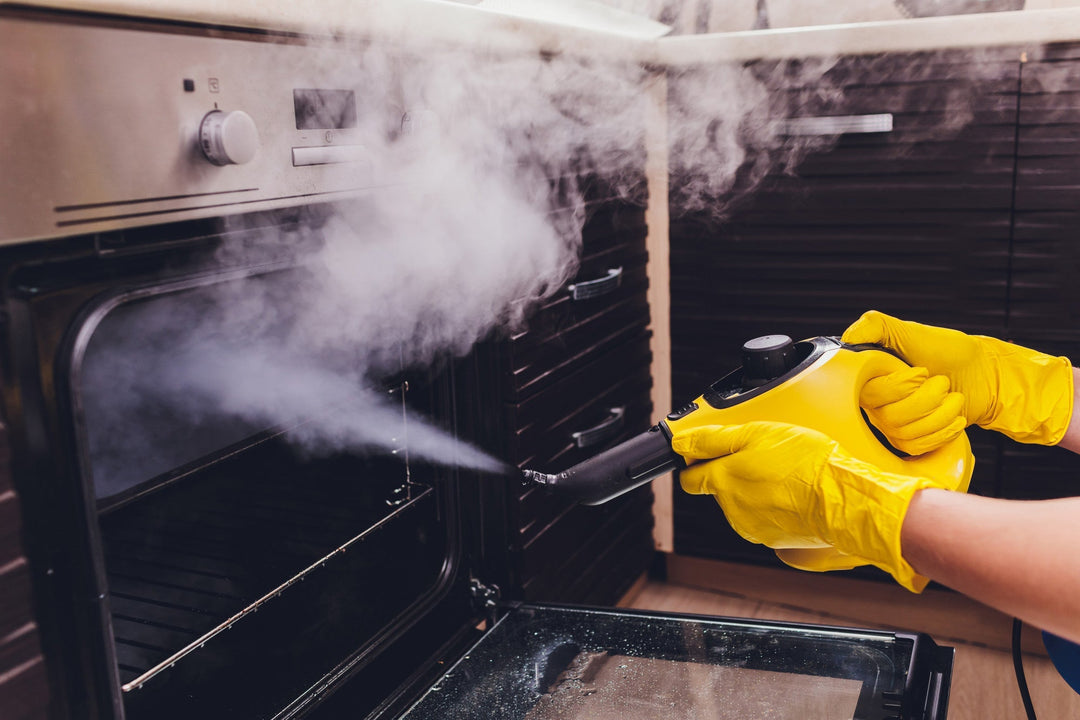Top challenges faced by new cleaning business owners and how to overcome them

Top Challenges New Cleaning Business Owners Face and Solutions
Starting a new cleaning business can be an exciting venture, but it also comes with its fair share of challenges, as highlighted in this overview of entrepreneurship. As an aspiring entrepreneur in the cleaning industry, understanding and preparing for these obstacles is crucial to setting your business up for success.
Navigating the competitive landscape, managing costs, and attracting customers are just a few of the hurdles you may face along the way. However, with the right strategies and mindset, you can overcome these challenges and build a thriving cleaning business.
In this article, we'll explore the most common challenges faced by new cleaning business owners and provide practical solutions to help you tackle them head-on. By the end, you'll be equipped with the knowledge and tools needed to confidently launch and grow your cleaning business.
Why Understanding New Cleaning Business Challenges is Crucial
Navigating the landscape of a new cleaning business can be daunting, especially for first-time entrepreneurs. From managing finances to attracting clients, there are numerous obstacles that can hinder your success. Identifying common pitfalls is key to developing effective strategies that will help you overcome these challenges and establish a strong foundation for your business, which can be supported by a resource hub for entrepreneurs.
One of the most significant challenges new cleaning business owners face is competition. With low barriers to entry, the cleaning industry is highly saturated, making it difficult to stand out from the crowd. To combat this, it's essential to focus on differentiating your services and delivering exceptional results consistently. This can involve specializing in a particular niche, such as kitchen exhaust hood cleaning like we offer at MFS Trade School Shop, or targeting a specific market segment.
Another critical aspect of understanding new cleaning business challenges is recognizing the importance of customer satisfaction. In an industry where word-of-mouth referrals can make or break your business, prioritizing customer experience is paramount. This means not only providing high-quality cleaning services but also maintaining open communication, addressing concerns promptly, and going above and beyond to exceed expectations.
How to Overcome Competitive Pressure
Thriving in a competitive cleaning market demands strategic positioning. Concentrate on a distinct service area or market niche that can give your business a unique edge. Whether it's offering specialized cleaning for allergy-sensitive environments or focusing on high-traffic commercial zones, targeting a specific niche allows you to tailor your services and marketing more effectively.
Consistently achieving superior results is vital for establishing a strong reputation. This means surpassing client expectations—ensuring that every service makes a memorable impact. Satisfied clients are more inclined to provide glowing testimonials, which can significantly enhance your business's credibility. Actively solicit feedback and use it to fine-tune your services, showcasing a commitment to ongoing improvement.
Consider broadening your service offerings to include distinctive options such as janitorial restaurant cleaning or sustainable cleaning solutions. These specialized services not only address specific client needs but also position your business as a leader in a focused market segment. As you build a reputation for expertise in these unique areas, it becomes easier to distinguish your business in a crowded field.
Managing Operational Costs Effectively
Controlling operational costs is crucial for maintaining a profitable cleaning business. Streamlining your team's daily routes can significantly cut down on travel expenses. By using route optimization software, you can ensure that your crew minimizes travel time and maximizes the number of jobs completed each day, thereby enhancing overall efficiency.
Purchasing cleaning supplies in bulk can lead to considerable savings. This approach not only reduces the cost per unit but also ensures a consistent supply of essential materials. It's important to analyze past usage data to predict future needs accurately, thus avoiding the pitfalls of overstocking or running out of supplies.
Investing in technologically advanced equipment designed for energy efficiency can further reduce operational costs. These tools not only lower energy consumption but also improve cleaning performance. Over time, the initial investment in such equipment pays off through reduced utility bills and increased client satisfaction due to superior service quality.
Tackling Marketing and Customer Retention Challenges
Creating a dynamic digital footprint is essential for drawing in and maintaining clientele in the competitive cleaning industry, as discussed in this guide on entrepreneurship. Establish a user-friendly website that not only details your services but also features customer success stories and an intuitive booking system. Enhance your site’s search visibility through strategic SEO to ensure prospective clients can easily discover your offerings.
Utilize social media and precise advertising to broaden your customer base effectively. Platforms like Facebook and Instagram offer powerful tools to reach your target audience by location and interests, maximizing your advertising efforts. Share engaging content—like time-lapse cleaning videos or client testimonials—to captivate potential customers and build trust.
To solidify client relationships, consider implementing a rewards program that incentivizes ongoing engagements. Offer exclusive deals or periodic bonuses as a thank-you for their loyalty. Maintain a personal connection by sending tailored messages or updates, ensuring clients feel appreciated and informed about the latest developments and promotions.
Strategies for Staffing and Training
Establishing a capable workforce is essential to the success of any cleaning business, and understanding the broader context of business can be found in this exploration of entrepreneurship. Prioritizing effective training programs ensures your team possesses the necessary skills and expertise to provide outstanding service. Training should address advanced cleaning methods, efficient equipment handling, and excellent client interaction, all while adhering to industry standards and safety protocols.
Cultivating a supportive work culture is vital for maintaining employee satisfaction and loyalty. Promote an atmosphere where communication is open, achievements are celebrated, and work-life harmony is respected. Engage employees in the decision-making process to boost job satisfaction and minimize turnover. Additionally, recognition initiatives and team-building exercises can significantly enhance morale and commitment.
Providing pathways for career growth can inspire and retain staff. Clearly define opportunities for progression, such as merit-based promotions or specialized training and certifications. Encourage staff to broaden their skill sets through workshops or industry events, showing your dedication to their career development and fostering a sense of loyalty and ambition within your team.
Enhancing Operational Efficiency
Maximizing operational efficiency hinges on the strategic application of digital solutions. Implement software that offers comprehensive scheduling, task assignment, and real-time communication capabilities. These platforms empower managers to track progress efficiently, ensuring that resources are optimally allocated and tasks are completed within designated timeframes.
Conducting periodic assessments of your cleaning procedures helps pinpoint inefficiencies and areas for improvement. Evaluate current workflows to uncover any delays or repetitive actions that may hinder performance. By refining these processes, you can elevate the speed and precision of your services, ultimately enhancing client satisfaction and operational effectiveness.
Equip your team with the necessary skills to leverage these digital tools to their fullest extent. Training programs should emphasize the practical application of management software features, enabling staff to seamlessly integrate these technologies into their daily routines. This approach fosters a more agile, organized, and responsive service delivery, driving both operational success and positive client experiences.
Addressing Health and Safety Concerns
Prioritizing the health and safety of employees and clients is essential in the cleaning sector. Complying with industry regulations is a must; this practice not only ensures team well-being but also shields your business from potential legal repercussions. Stay informed about the latest regulatory changes to keep your operational standards up-to-date, reflecting your commitment to a safe workplace.
Providing your workforce with the necessary personal protective equipment (PPE) is critical. Ensure that items like gloves, masks, and protective eyewear are readily available and suited to the tasks they are used for. Conduct regular training sessions to educate your staff on the importance and proper usage of PPE, fostering an environment where safety is a shared responsibility. Encouraging open dialogue about safety concerns empowers employees to proactively address potential risks, reinforcing a culture that values health and security.
Overcoming the challenges of starting a new cleaning business requires a combination of strategic planning, adaptability, and a commitment to excellence. With the right approach, you can start a successful cleaning business and thrive in this competitive industry. If you're ready to take your cleaning business to the next level with comprehensive training and ongoing support, request more information from our team of experts today.








